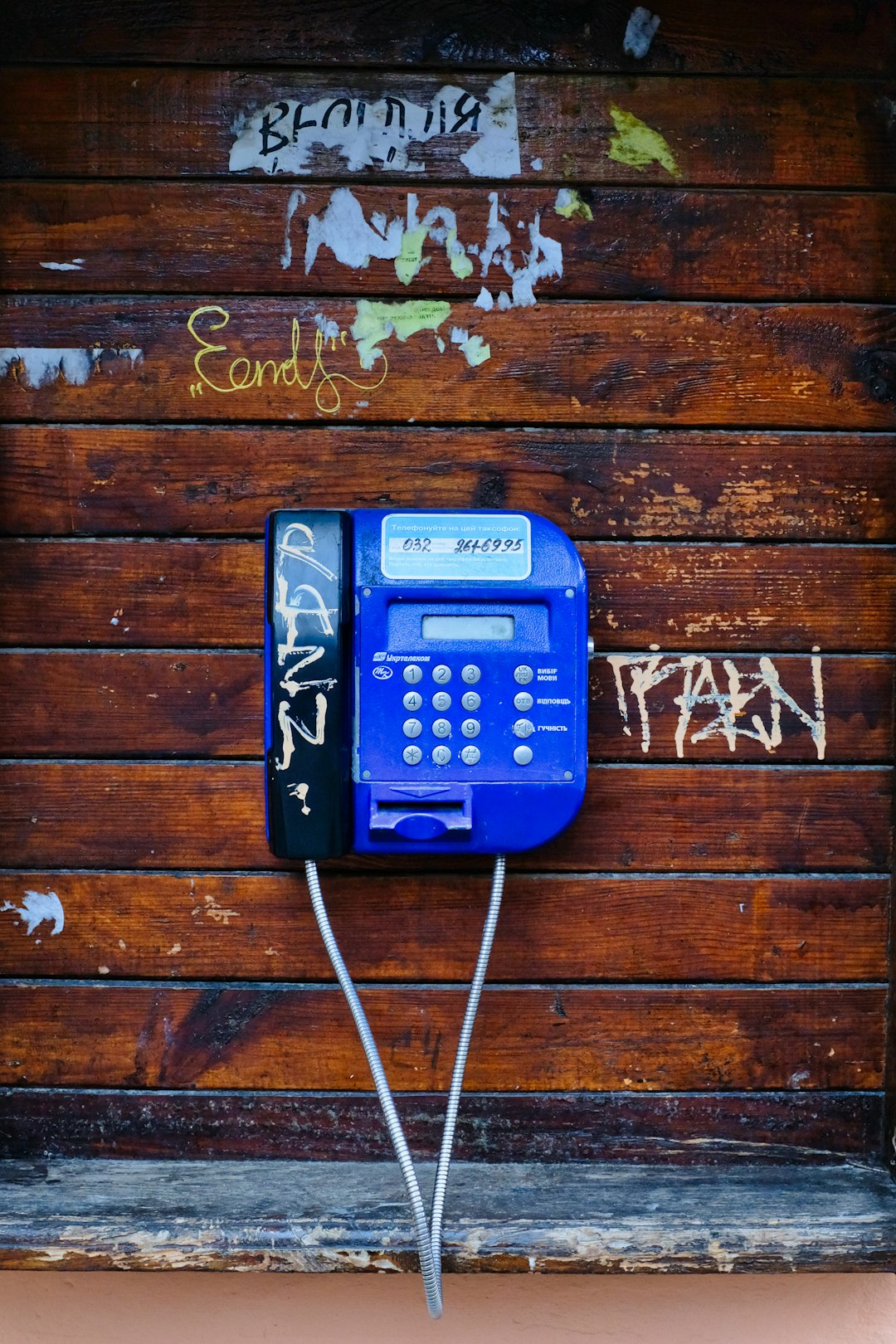In Nevada, anti-spam laws protect consumers from intrusive text messages by offering legal protections and remedies against violators. If you've received unsolicited commercial text messages or deceptive marketing tactics, a lawyer specializing in Nevada's spam text laws can guide you on blocking future messages and taking legal action, including filing complaints or seeking damages, contributing to a safer digital environment.
In today’s digital age, receiving unwanted spam text messages has become an increasingly common nuisance. While many states have implemented anti-spam laws, Nevada stands out with its unique legal protections. This comprehensive guide explores Nevada’s strict regulations regarding spam texts and the rights available to victims. From understanding what constitutes spam to navigating legal remedies, this article equips readers with knowledge to protect themselves and seek assistance from a qualified lawyer for spam texts in Nevada if needed.
Understanding Nevada's Anti-Spam Laws and Your Rights

In Nevada, the Anti-Spam laws are designed to protect consumers from unwanted and deceptive text messages, commonly known as spam texts. These laws empower individuals to take action against unsolicited communication that violates their privacy and creates a nuisance. If you’ve received spam texts, it’s important to know your rights under Nevada law.
A lawyer specializing in spam texts laws in Nevada can guide you through the legal protections available, helping you understand your options for pursuing justice or compensation if your rights have been violated. These laws allow recipients to block future messages and even seek legal remedies against the senders, ensuring a safer digital environment.
When Is a Text Considered Spam? Common Traps to Avoid

In the legal realm of Nevada, a text message is considered spam when it violates certain guidelines set by state laws and regulations. Typically, this includes unsolicited texts sent for commercial purposes or those that use deceptive practices to market products or services. A common trap many businesses and individuals fall into is sending messages without explicit consent, often obtained through previous interactions or with proper opt-in mechanisms.
Another pitfall is failing to provide an easy and accessible way to unsubscribe from future text communications. Nevada’s laws mandate that recipients have the right to stop receiving these messages promptly. Using automated systems or bots to send bulk texts without human oversight can also lead to legal issues, especially if the content misrepresents the sender or contains false or misleading information. Engaging a lawyer for spam texts in Nevada who specializes in this area is advisable to ensure compliance and avoid potential penalties.
Legal Protections and Remedies: What You Can Do If You're Targeted

If you’ve been targeted by spam text messages in Nevada, it’s important to know that there are legal protections and remedies available to you. The first step is to understand your rights under Nevada law, which strictly regulates unsolicited text messages, commonly known as spam. A lawyer for spam texts can help you navigate these laws and determine the best course of action.
In Nevada, businesses are prohibited from sending bulk text messages unless they have obtained prior explicit consent from the recipient. If you’ve received spam texts without giving permission, you have several options. You can file a complaint with the Nevada Attorney General’s Office, which has established procedures for reporting such incidents. Additionally, some jurisdictions allow individuals to seek damages for each violation, meaning you could be entitled to compensation for every unwanted text message you received.






